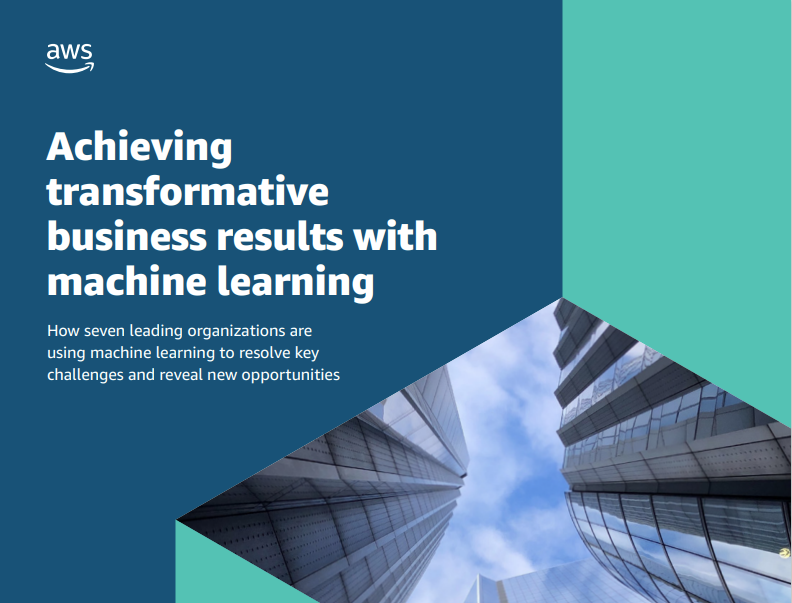2023 Spring Statement brings 'enhanced' tax incentives to tech SMBs
A package of incentives for quantum and AI research was also announced in pursuit of cementing the UK's status as a ‘science superpower’


UK chancellor Jeremy Hunt said the government plans to introduce tax incentives for UK-based small and medium-sized businesses (SMBs) as part of a broader set of plans to boost the UK's technology sector.
Delivering the government's 2023 Spring Statement to the House of Commons on Wednesday, Hunt said the incentives will include an ‘enhanced’ tax relief credit for SMBs.
RELATED RESOURCE

The move will see qualifying firms that spend 40% or more of their total expenditure on R&D being able to claim a credit worth £27 on every £100 spent.
“This is a £1.8 billion package of support helping 20,000 cutting-edge companies, who day-by-day are turning Britain into a science superpower,” Hunt said.
The announcement, which has been widely welcomed by individuals across the industry who spoke to IT Pro, represents only a partial rolling back of widely criticised changes outlined in November's Autumn Statement.
A reshuffling of the R&D tax credit scheme in November resulted in reduced support for small businesses seeking tax incentives and was criticised as a move that favoured larger enterprises.
An open letter published by Coadec in response to the move claimed that the changes would likely cost UK startups an average of £100,000.
Sign up today and you will receive a free copy of our Future Focus 2025 report - the leading guidance on AI, cybersecurity and other IT challenges as per 700+ senior executives
Julian David, CEO at techUK, suggested at the time that the changes would "disappoint many tech SMEs" and continue to frustrate business owners.
Additional tax relief for UK businesses will also be rolled out over the next three years, Hunt confirmed. A new policy of full capital expensing will be implemented with the intention of making this permanent.
This, the chancellor said, means that "every single pound a company invests in IT equipment, plant, or machinery, can be deducted in full and immediately from taxable profits".
Amanda Brock, CEO at OpenUK, said startups and scaleups "will very much welcome" the news.
"This - if easily accessible - could be a major benefit to the UK’s tech sector and offer a true opportunity for growth but still will not work without the right skills and IP environment."
Spring Statement 2023: AI innovation
The chancellor said the government plans to draw on “British ingenuity” to position the country as a global science and technology superpower - an ambition expressed repeatedly in recent campaigns.
Hunt told MPs that the government plans to accelerate support for quantum computing and AI innovation over the next ten years with a raft of incentives and investment packages.
“I will take measures to strengthen our position in artificial intelligence, where the UK hosts one-third of all European companies,” he told the Commons.
This will include the launch of an ‘AI sandbox’ aimed at providing greater support for companies and researchers in the AI space to drive innovation and “get cutting edge products to market”.
Hunt added that the government will also work “at pace” with the Intellectual Property Office to “provide clarity on IP rules so that generative AI companies can access the material they need”.
Intellectual property rights in the generative AI space have sparked controversy in recent months amid a flurry of lawsuits claiming that generative AI models – specifically image-generating models – frequently breach IP legislation.
In a pledge of additional support for individual companies and researchers, Hunt said the government will introduce an annual prize fund that will award up to £1 million for outstanding examples of AI innovation.
“I also want to encourage the best AI research to happen in the UK,” the chancellor said. “So will award a prize of £1 million every year for the next ten years to the person or team that does the most groundbreaking British AI research.”
Spring Statement 2023: Quantum ambitions
Alongside this focus on AI innovation, the chancellor confirmed the government will commit £900 million in funding to implement recommendations outlined in the Future of Compute review to deliver an ‘exascale’ computer and drive investment in quantum computing.
“The power needed by AI’s complex algorithms can also be provided by quantum computing,” he added. “So today we’ll publish a quantum strategy that will set out our vision to be a world-leading quantum-enabled economy by 2033 with a research and innovation programme totalling £2.5 billion.”
RELATED RESOURCE

Achieving transformative business results with machine learning
How seven leading organisations are using machine learning to resolve key challenges and reveal new opportunities
The government’s sharpened focus on quantum capabilities comes amid an exciting period in the space globally.
While China and the United States remain the two major leaders in global quantum computing, the government has been keen to emphasise its potential for the future of the British economy.
Recent analysis shows that the UK holds a commanding lead with regard to the number of quantum startups in Europe, hosting 39 companies compared to 18 in Germany, and 15 in both the Netherlands and France respectively.
Reacting to the Spring Statement, Julian David said the government has "put the UK back on the pitch" when it comes to global competitiveness in science and technology.
"By introducing a strategy on quantum, putting £900 million into new UK computing capacity, accepting the recommendations of Sir Patrick Vallance on emerging technologies, and providing new business incentives, the government has taken steps to advance the UK’s science and tech capabilities."

Ross Kelly is ITPro's News & Analysis Editor, responsible for leading the brand's news output and in-depth reporting on the latest stories from across the business technology landscape. Ross was previously a Staff Writer, during which time he developed a keen interest in cyber security, business leadership, and emerging technologies.
He graduated from Edinburgh Napier University in 2016 with a BA (Hons) in Journalism, and joined ITPro in 2022 after four years working in technology conference research.
For news pitches, you can contact Ross at ross.kelly@futurenet.com, or on Twitter and LinkedIn.
-
 Skills shortages could pose threat to UK’s quantum ambitions
Skills shortages could pose threat to UK’s quantum ambitionsNews Greater collaboration between industry and academia, and a focus on reskilling should be top priorities
-
 UK startup's Equinix deal marks step towards broad quantum computing access
UK startup's Equinix deal marks step towards broad quantum computing accessNews Businesses around the world will be able to use its quantum computing as a service platform through Equinix
-
 NOAA unveils two new supercomputers in effort to better predict extreme weather
NOAA unveils two new supercomputers in effort to better predict extreme weatherNews The move more than doubles the agency's computing capacity, in hopes of preventing further loss of human life and damage to economy
-
 Powering through to innovation
Powering through to innovationWhitepaper IT agility drive digital transformation
-
 HPE boosts Hong Kong university research with new HPC cluster
HPE boosts Hong Kong university research with new HPC clusterNews The company said the new cluster is nearly 10 times faster than what the university was previously using
-
 Pasqal quantum computers to become available on Azure Quantum this year
Pasqal quantum computers to become available on Azure Quantum this yearNews The French startup is the latest company to join Microsoft’s fleet of quantum partners
-
 Nvidia acquires HPC cluster management firm Bright Computing
Nvidia acquires HPC cluster management firm Bright ComputingNews The Amsterdam-based company will help Nvidia to expand its accelerated computing portfolio
-
 US limits exports to Chinese supercomputing entities
US limits exports to Chinese supercomputing entitiesNews Blacklisted organization hosts world's fourth most powerful supercomputer

